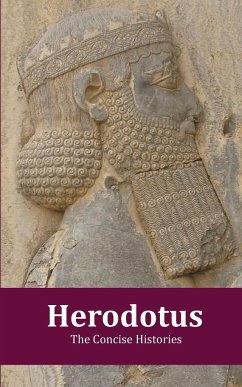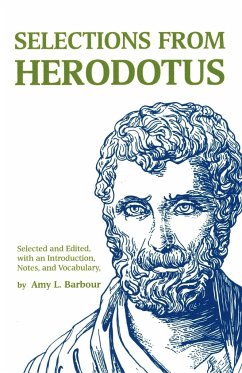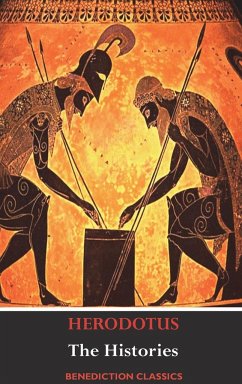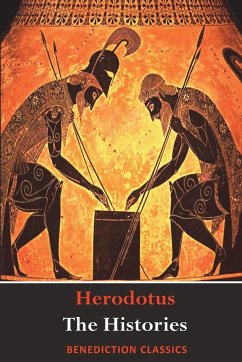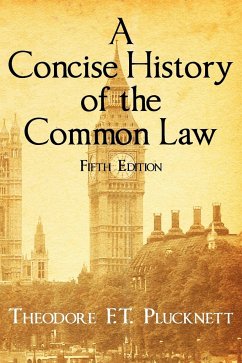Herodotus was the first prose writer of History, beginning his masterpiece with the founding of the Lydian empire in 680 BC and ending with the defeat of the Persian expeditionary force in Greece in 479 BC. This concise version follows the sequence of the original, covering the fall of Croesus and the rise of the Persian empire and the attempt to conquer Greece. The text is based upon the George Rawlinson translation of 1858, which is freely available online and follows the style of the original, including the detours, stories, folklore and personal opinions that make Herodotus such a delight to read. Herodotus shows us the Lydian King Croesus wondering why the Athenian philosopher Solon does not regard him as the happiest of men. Croesus goes on to have many misfortunes and loses his empire to Cyrus the Great who carves out the Persian empire and dies at the hands of the Scythian Queen Tomyris. His son, Cambyses, loses his mind while invading Egypt, and Darius and his fellow conspirators save the empire from an imposter. Later, Xerxes marches a massive army into Greece and fights the 300 Spartans at Thermopylae before sacking Athens. Herodotus fills the text with anecdotes and observations and a reading of The Histories is essential if you want to understand the world view from the vantage point of the Greek democracy of 440 BC.

